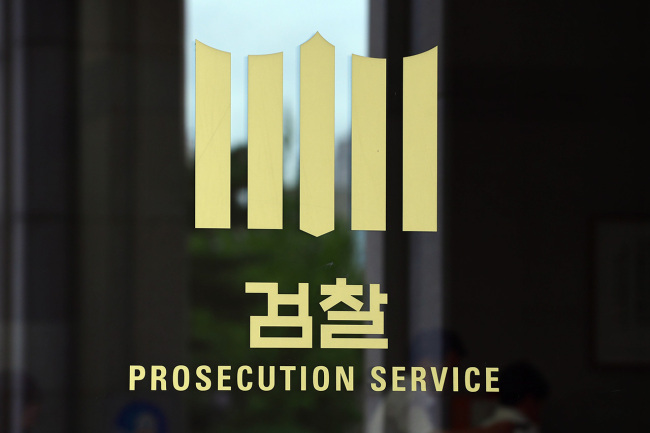The Peninsula
Public Support for Corruption Investigation

This briefing comes from Korea View, a weekly newsletter published by the Korea Economic Institute. Korea View aims to cover developments that reveal trends on the Korean Peninsula but receive little attention in the United States. If you would like to sign up, please find the online form here.
What Happened
- 25 years after its introduction, the “Act on the Establishment and Operation of the Corruption Investigation Office for High-Ranking Officials” went into effect on July 15.
- The new office is tasked with investigating government corruption, a role that the Prosecutors’ Office took on prior to these reforms.
- The conservative opposition party in the National Assembly continues to oppose this law, eliciting concerns that the new office would be used by the ruling party to suppress dissent.
Implications: Legacies of past corruption scandals have elevated public demand for government accountability, overriding long-standing political opposition. While similar reforms were floated during the early 2000s, strong opposition from the political establishment killed the bill in the National Assembly. Subsequent revelations of corruption during the Park Geun-hye and Lee Myung-bak administrations, however, appears to have decisively turned public sentiment toward supporting the establishment of a new body to investigate government corruption. Polling conducted by Korea Research International and MBC in 2019 showed that about two-thirds of South Koreans supported the creation of this new office.
Context: Proposals to create a separate investigative body for government corruption was first introduced in 1996. The progressive administration of President Roh Moo-hyun strongly pushed for these reforms in 2004. However, the proposal faced strong opposition from both the Prosecutor’s Office and the conservative opposition in the National Assembly. This was despite President Roh’s progressive party winning a majority of the seats in the 2004 National Assembly elections.
Korea View was edited by Yong Kwon with the help of Sophie Joo and Chris Lee.
Picture from an article published in The Investor on July 10, 2017
